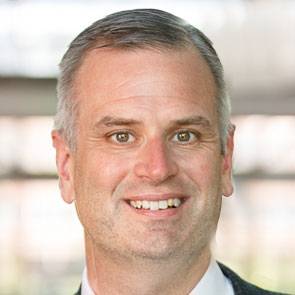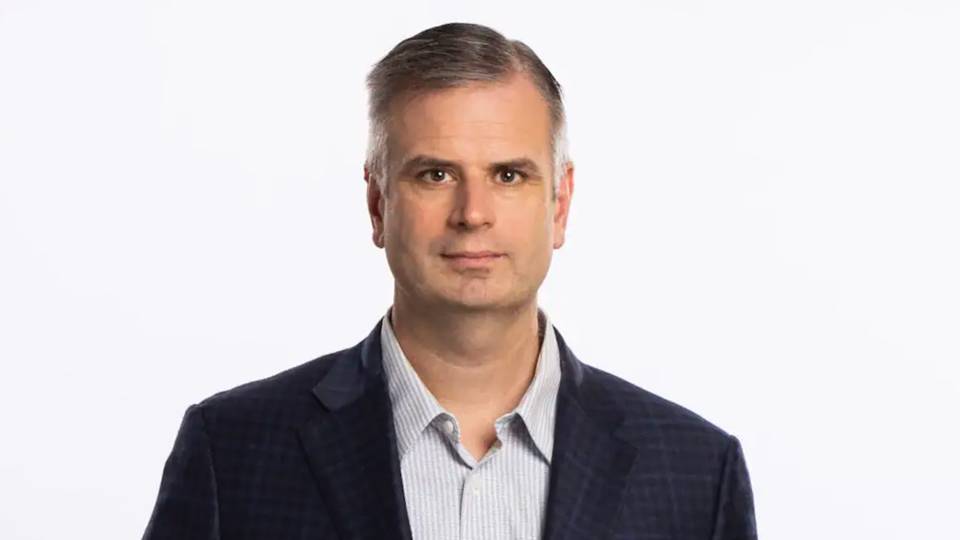Princeton Chemistry’s Paul Chirik is among the first chemists in the nation to receive funding from the Gordon and Betty Moore Foundation’s new “exploration phase” grants in support of green chemistry.

Paul Chirik
Once considered an oxymoron, green chemistry has enjoyed a new vigor in recent years as chemists take up the banner to find chemical solutions for everything from closed-loop recycling to the replacement of toxic catalysts in industrial processes.
Chirik’s $1 million, three-year grant was announced by the foundation this month for his proposal, Iron Catalysts for a Biorenewable Hydrocarbon Future.
“Paul is a leading expert in sustainable catalysis, which is an area of particular importance within green chemistry,” said Adam Jones, a program officer in science with the Moore Foundation. “We look forward to supporting his work and also having Paul provide the Foundation with expert advice.”
Chirik, the Edwards S. Sanford Professor of Chemistry, called the grant "game changing." Grants like this one, he said, will enable new technologies that support the transition from fossil fuel-based hydrocarbon building blocks to those that are bioderived and renewable. The Chirik Lab will focus on iron catalysis.
Today, at least 90% of industrial-scale chemical reactions rely on catalysis, and 35% of the world’s GDP is based on catalytic processes. Yet many catalysts contain metals like palladium, platinum and rhodium that are expensive and among the least abundant on Earth. Mining just one ounce of platinum — a catalyst used, among other applications, to prepare the silicone adhesives in shipping labels — requires the extraction of 10 tons of earth at least a mile deep.
As an alternative, the Chirik Lab has pioneered an approach using iron, cobalt and other Earth-abundant metals in place of such precious metals.
When Chirik presents on the topic, he begins where most chemists begin: with the Periodic Table of Elements.
“Everyone talks about carbon, ‘We have to reduce carbon.’ But that’s only one element on the Periodic Table. There are 92 other elements we should be thinking about. Ask yourself how many of those elements you use in 24 hours — you’d be surprised. And we have to worry about all of them,” Chirik said.
“Over the next century, catalysis will be called upon to solve many of society’s outstanding challenges, including sustainability, climate, renewable energy and the discovery of revolutionary medicines,” he said. “The use of more Earth-abundant transition metals as catalysts, like iron, is attractive to not only improve economics and to increase supply-chain robustness, but also to reduce the global warming potential of many industrial processes.”
Based in Palo Alto, California, the Gordon and Betty Moore Foundation fosters path-breaking scientific discovery, environmental conservation and patient care improvements, as well as the preservation of the special character of the San Francisco Bay Area. Gordon Moore is the co-founder and chairman emeritus of Intel Corporation.





